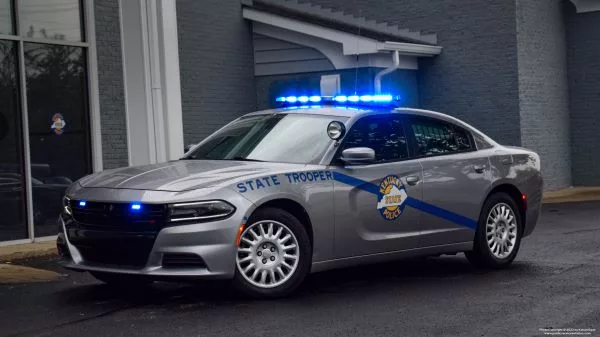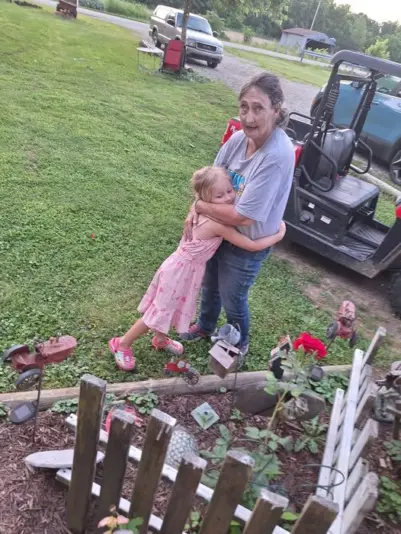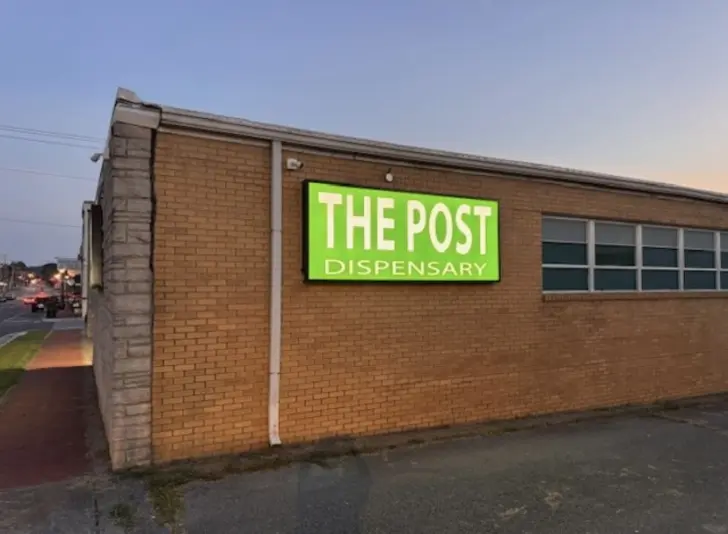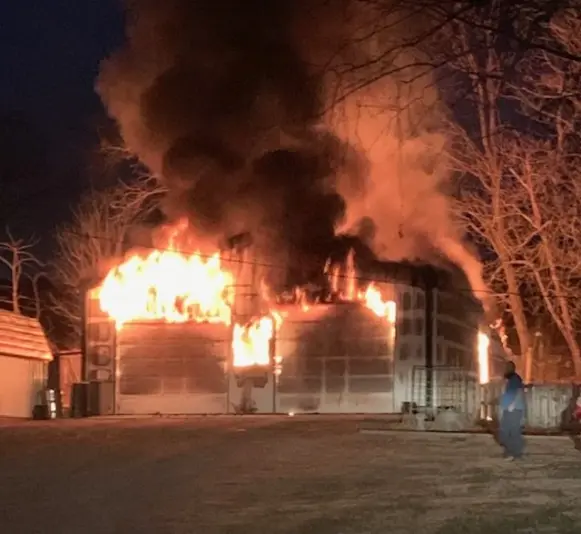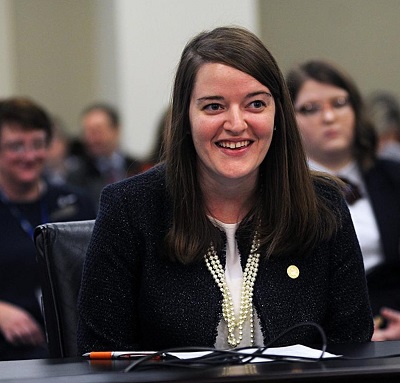
With the special session behind us, House and Senate members turned our attention back to preparing for the upcoming session. With just slightly more than a hundred days until we convene on January 4, this week’s committee meetings provided us more information as we shape the 2022 regular session agenda.
IJC on Agriculture and IJC on Natural Resources and Environment: These two committees met for a combined meeting to discuss land use and zoning regulations for solar power farms in Kentucky. Legislators heard discussion centered on both current and future infrastructure policy surrounding farmland used for solar powered renewable energy.
Solar could be a valuable alternative energy that we need to consider from the policy perspective. However, we are already extremely fortunate to have favorable utility rates that attract developers from across the nation to invest in our infrastructure. We must remain thoughtful of any cost implications new options will have on our existing ones.
IJC on Banking and Insurance: Committee members met to discuss the increase in long-term care insurance rates. Presenters from the Kentucky Department of Insurance explained the challenges resulting in an increase in costs such as longer life spans, underpriced legacy, actuarial assumptions, and increase in pricing.
Members also received an update from the Kentucky Association of Health Plans. The presenter briefed the committee on vaccine outreach such as digital and radio ads, transportation coordination, text and email campaigns, yard signage, billboards, and follow-ups on second dose appointments based on claims data.
Legislative Oversight and Investigations Committee: Committee members dove into the barriers faced by students enrolled in the Kentucky Community and Technical College System.
Our community college and technical school system is a valuable tool to help Kentuckians prepare for a four-year college or university. It is also an option for those who wish to pursue a career in a trade and a resource for mid-career Kentuckians looking for a career change or to learn a new skill.
We invest more than $847 million into KCTCS each year, so we want to ensure that we are meeting the needs of our students. According to a recent study by Legislative Research Commission (LRC) staff, nonacademic barriers to student success include an inability to navigate college, financial instability, competing time constraints, and a lack of engagement with advisors, classmates, and professors. The LRC report included three recommendations for ways to better track and ultimately address these barriers.
Those recommendations include; developing methods to determine the prevalence of specific nonacademic barriers at each college and track the prevalence of them over time; creating more accurate measures of nonacademic program success that focus on determining whether a program decreases the prevalence of the problem it was designed to address; studying the relationship between programs that decrease nonacademic barriers, student success, and retention.
Lawmakers were in agreement that results should be shared with the colleges so that they can improve existing programs and more effectively implement future programs.
Government Contract Review Committee: The statutory committee met this week to discuss the deferred list of state contracts from the August meeting and ask questions about contracts on the list for the September meeting.
One contract in particular sparked several questions from committee members as it has been deferred three times now. For 14 years, the Justice Cabinet held a contract with a company to provide toxicology laboratory services to the Office of the State Medical Examiner (OSME) as well as all 120 Kentucky coroners. At the beginning of the new state fiscal year in July, the department entered into a contract with a new company.
The switch has resulted in two major problems. First, approximately 200 death certificates have been held up because samples collected and sent to the former company at the end of the state’s contract were not processed. The cabinet is reportedly in mediation to solve this issue. However, there are also concerns that cases sent to the new contractor are also not being processed in a timely manner.
This all sounds like a lot of bureaucracy, but what it really means is that Kentucky families who are already struggling with the loss of a loved one are not able to close out their family member’s affairs. In some cases, they are unable to even collect on the insurance they need to pay for funeral expenses.
Tobacco Settlement Agreement Fund Oversight Committee: Committee members received an update on settlement fund awards from the Kentucky Office of Agricultural Policy. While we receive far less in settlement monies today than we did 20 years ago, these dollars still provide an opportunity to invest in our agricultural future.
The committee also heard about the Rural Mental Health and Suicide Prevention Pilot Program, which is aimed at drawing awareness to the mental health issues facing our farmers and rural population.
As always, I hope you will feel free to contact me with any questions or issues. I can be reached here at home anytime or through the toll-free message line in Frankfort at 1-800-372-7181. Please feel free to email me at Samara.Heavrin@lrc.ky.gov. If you would like more information about any of these committees or legislative actions, you can visit the Legislative Research Commission website at legislature.ky.gov.
State Rep. Samara Heavrin, R-Leitchfield





